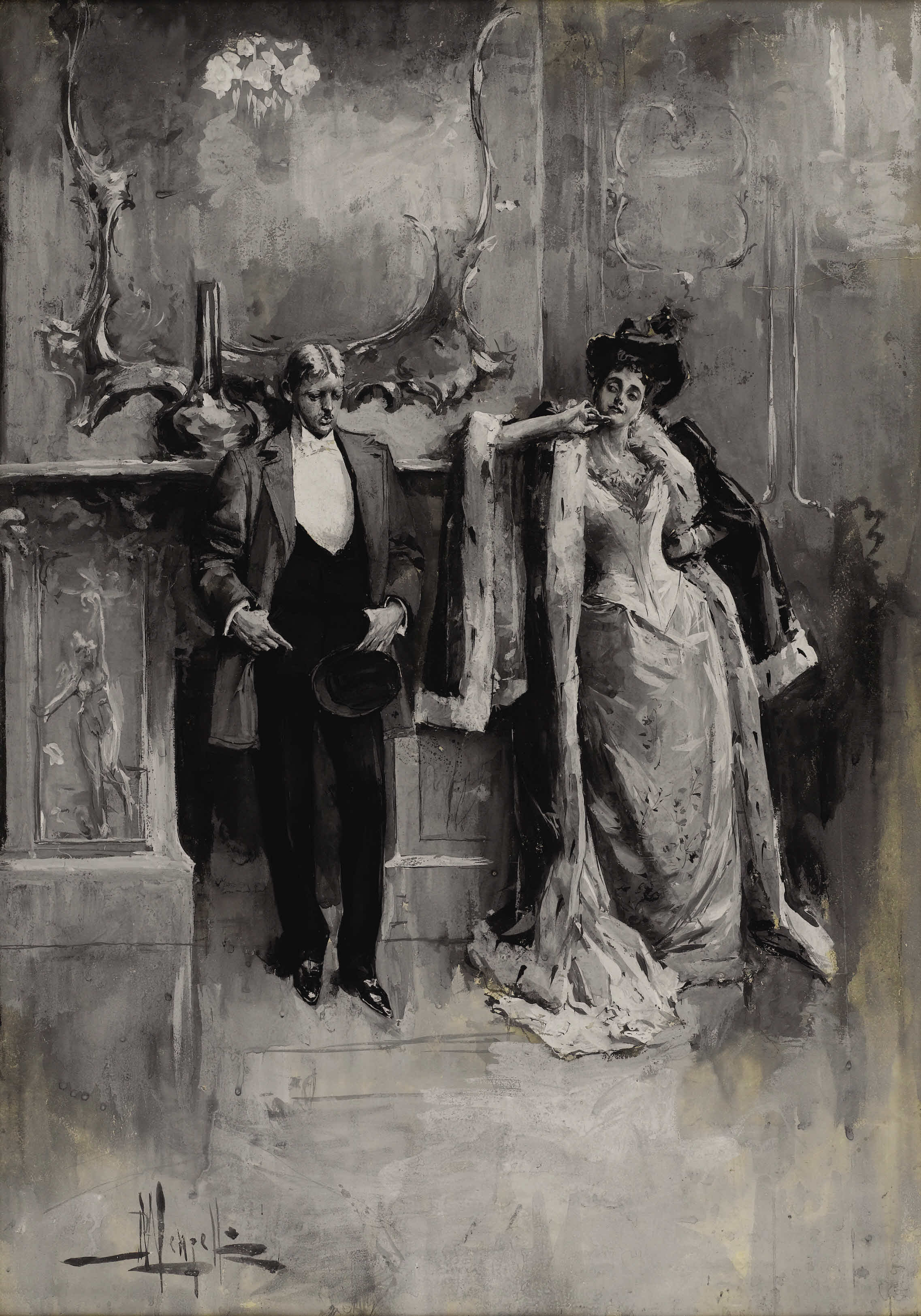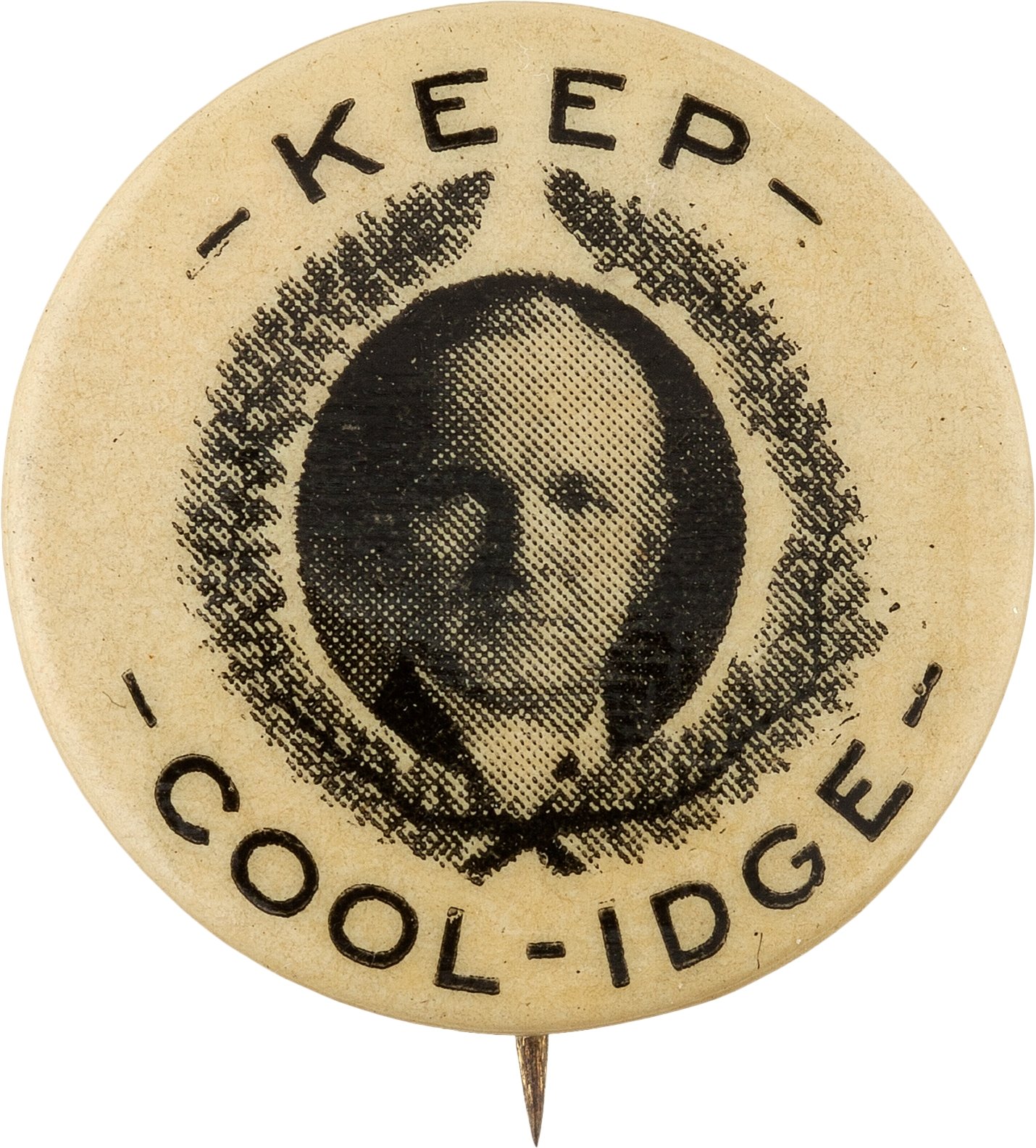
By Jim O’Neal
To describe Alice Roosevelt Longworth (1884-1980) as a handful would be a gross understatement. She was the only child of Teddy Roosevelt and Alice Hathaway Lee. Her mother died two days after her birth of Bright’s disease – a catch-all term for kidney diseases. Eleven hours before her death, TR’s mother, Martha “Mittie” Roosevelt, had died of typhoid fever. It was a traumatic time in the Roosevelt home and it would haunt Teddy for the rest of his life.
Young Alice never founded a school or hospital, never ran for public office, and was terrified of public speaking, but she became unquestionably the best known and most popular of presidential children.
She was 17 when William McKinley was assassinated in 1901, which vaulted her vice-president father into the White House. When she learned of the news, she reportedly let out a war whoop and danced on the front lawn. Years later in an interview with reporter Sally Quinn (third wife of Ben Bradlee, executive editor of The Washington Post), Alice described her feelings as “utter rapture.” This kind of candor made her almost irresistible to the American public, and the press dubbed her “Princess Alice.”
One infatuated biographer described her as the “first female American celebrity of the 20th century.” Her cousin Joseph Alsop – the famous syndicated columnist whose robust opinions appeared in national newspapers for five decades – referred to her as “Washington’s other memorial.” Her celebrity started early, as people all over the country were talking about her antics, her clothes and her fearless tongue, which all delighted the average citizen.
On Inauguration Day in 1905, she was so exuberantly waving to her friends in the crowd that her father chided her by saying, “Alice, this is MY inauguration!” She was a flirt who smoked cigarettes in public and when her father declared that no daughter of his would smoke under his roof, she devilishly climbed to the roof of the White House to smoke on top of his roof. A perplexed TR told renowned author Owen Wister (“The Virginian”): “I can either run the country or attend to Alice, but I cannot possibly do both!”
After her 1902 society debut, the press constantly speculated on her romantic links with most of Washington’s eligible bachelors. She finally married Congressman Nicholas Longworth (future Speaker of the House) in one of the most famous weddings in American history, with front-page coverage across the country. Longworth was a notorious philanderer. William “Fishbait” Miller, doorkeeper of the House, described him as the “greatest womanizer in the history of Capitol Hill.”
Their marriage was an open sham and Alice was rumored to have had a child with William Borah, who became a senator after Idaho became a state in 1890. He was a perennial contender for president and was responsible for killing President Wilson’s attempt to approve the Treaty of Versailles.
Alice delighted in skewering prominent politicians. Calvin Coolidge “was weaned on a pickle.” Speaking of Herbert Hoover, she said “the Hoover vacuum is more exciting, but of course it is electric.” New York Governor Thomas Dewey, with his slick black hair, reminded Alice of the little groom on the top of a wedding cake. When FDR ran for a third term, she declared, “I’d rather vote for Hitler!”
Her acidic commentary on the rich and famous delighted and amused the public for four generations. Alice Roosevelt died of pneumonia on Feb. 20, 1980. At age 96, she had outlived the children of every other president.
She was a handful.
 Intelligent Collector blogger JIM O’NEAL is an avid collector and history buff. He is president and CEO of Frito-Lay International [retired] and earlier served as chairman and CEO of PepsiCo Restaurants International [KFC Pizza Hut and Taco Bell].
Intelligent Collector blogger JIM O’NEAL is an avid collector and history buff. He is president and CEO of Frito-Lay International [retired] and earlier served as chairman and CEO of PepsiCo Restaurants International [KFC Pizza Hut and Taco Bell].

